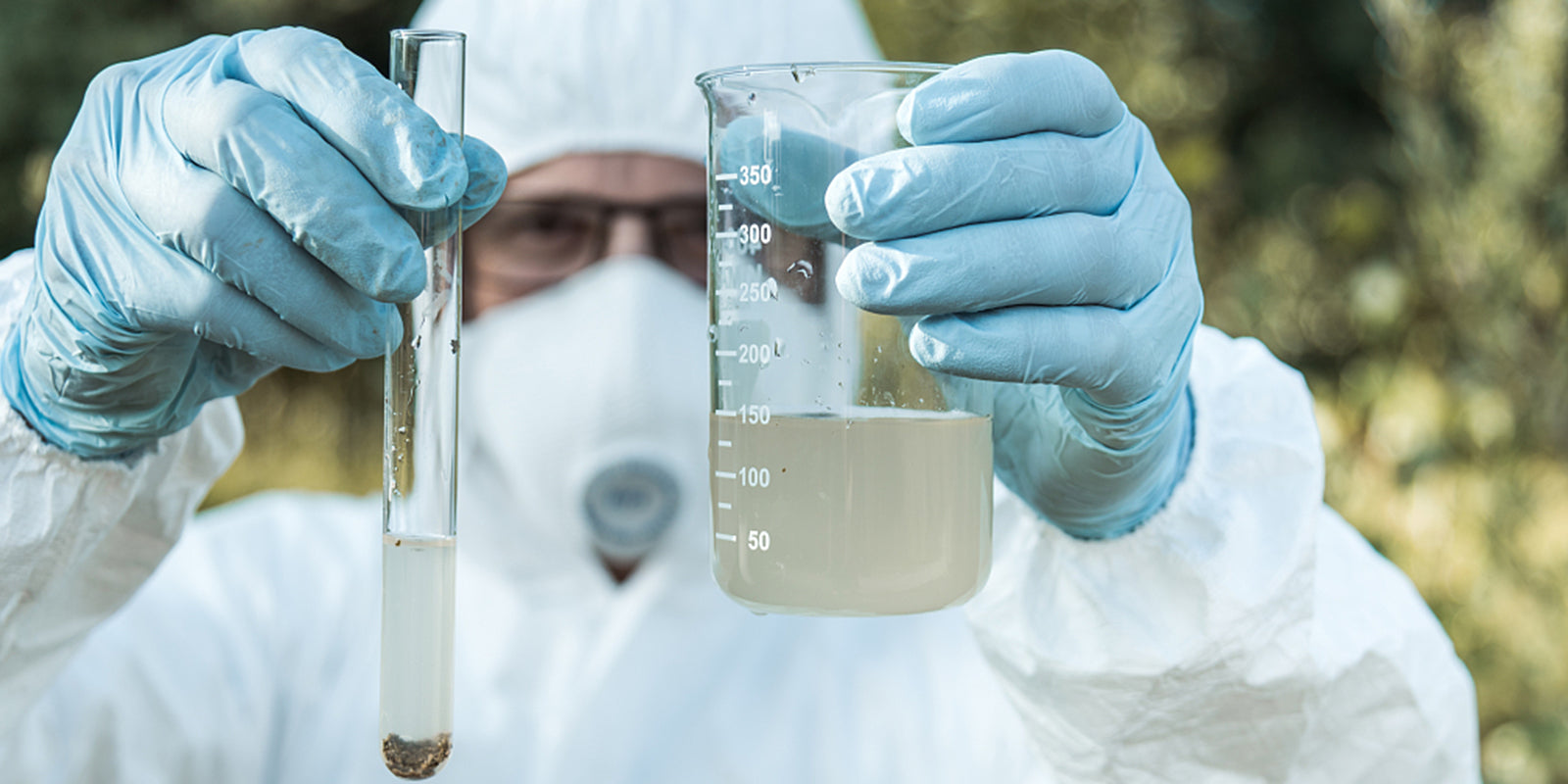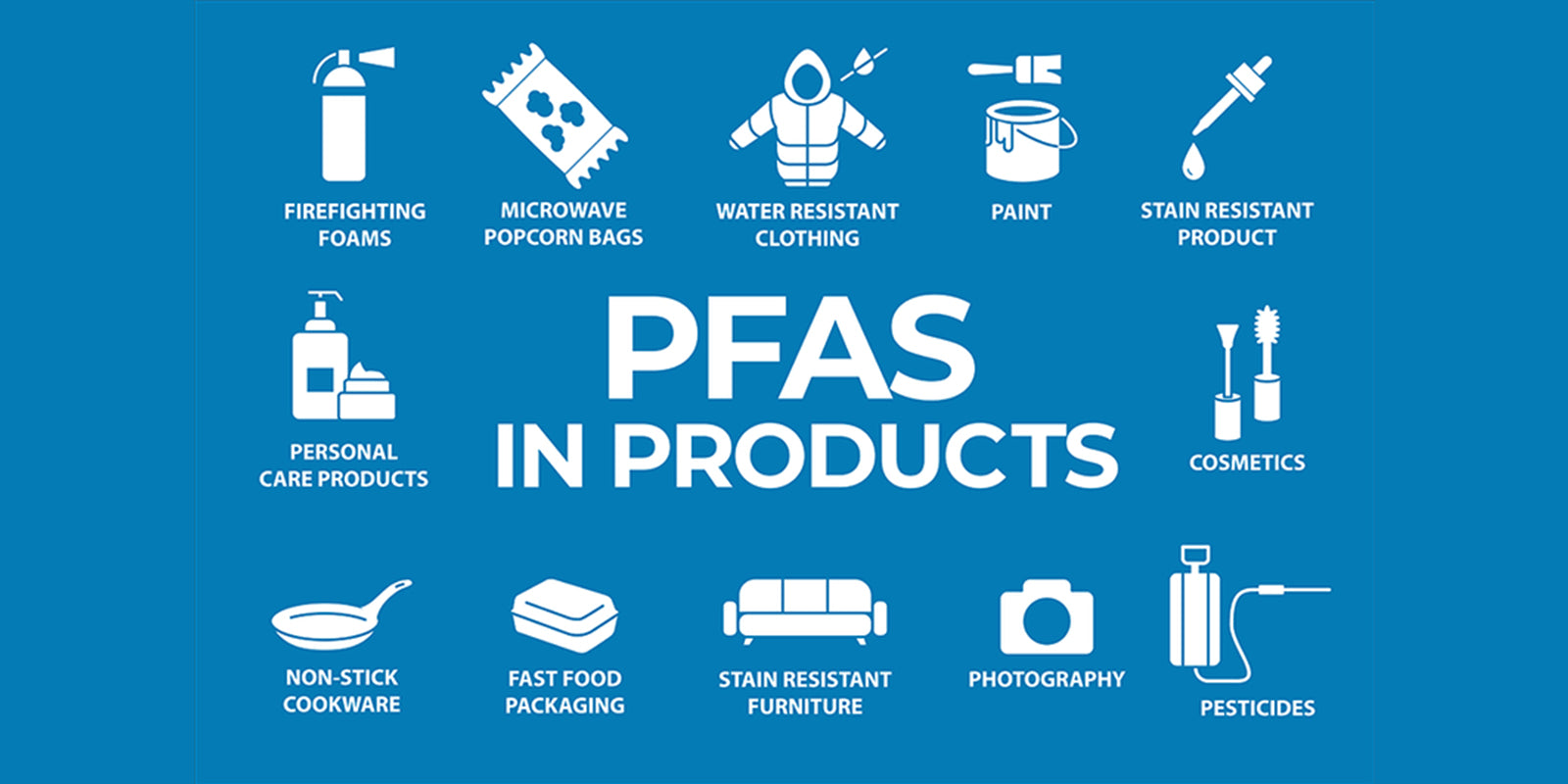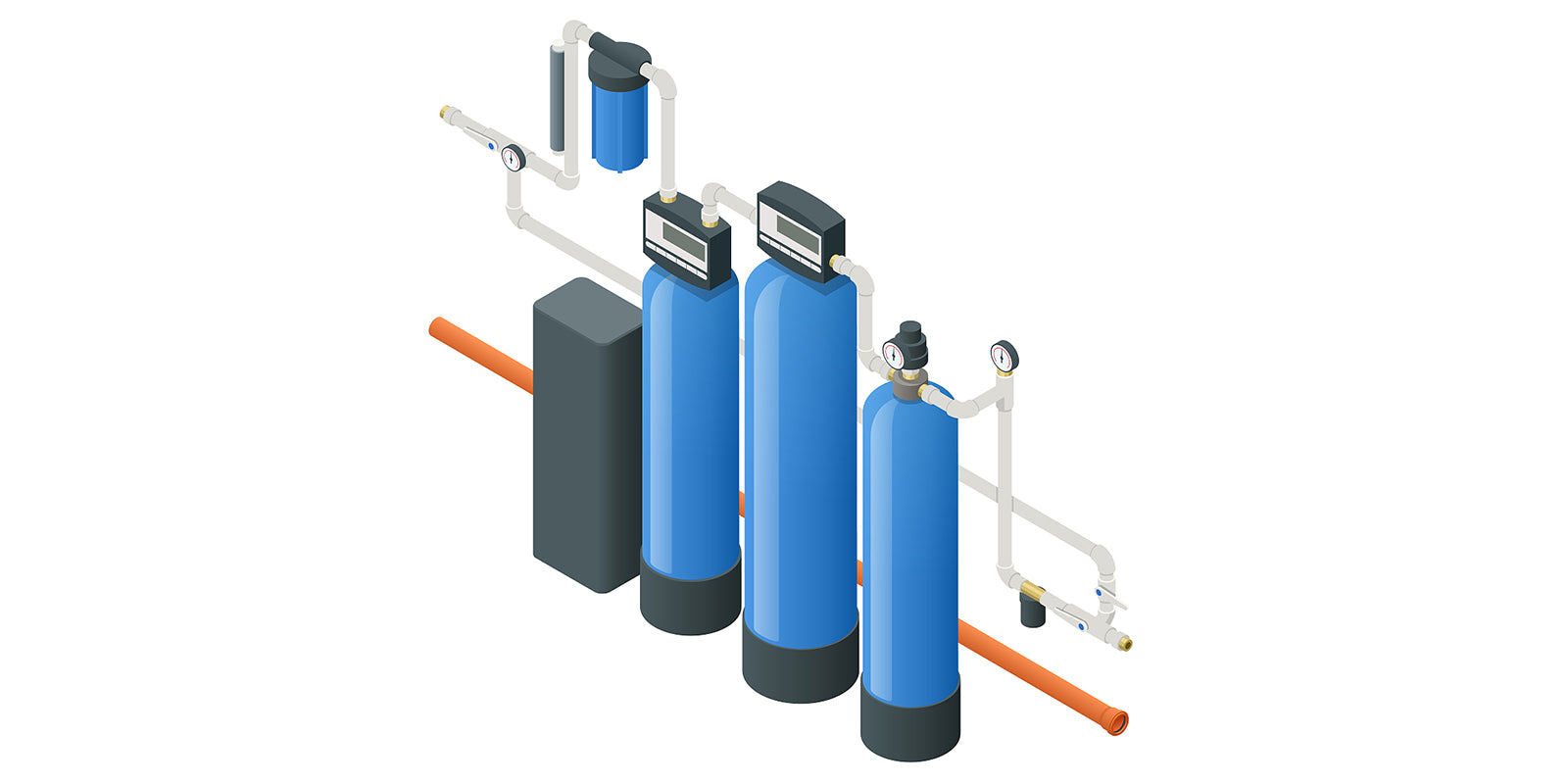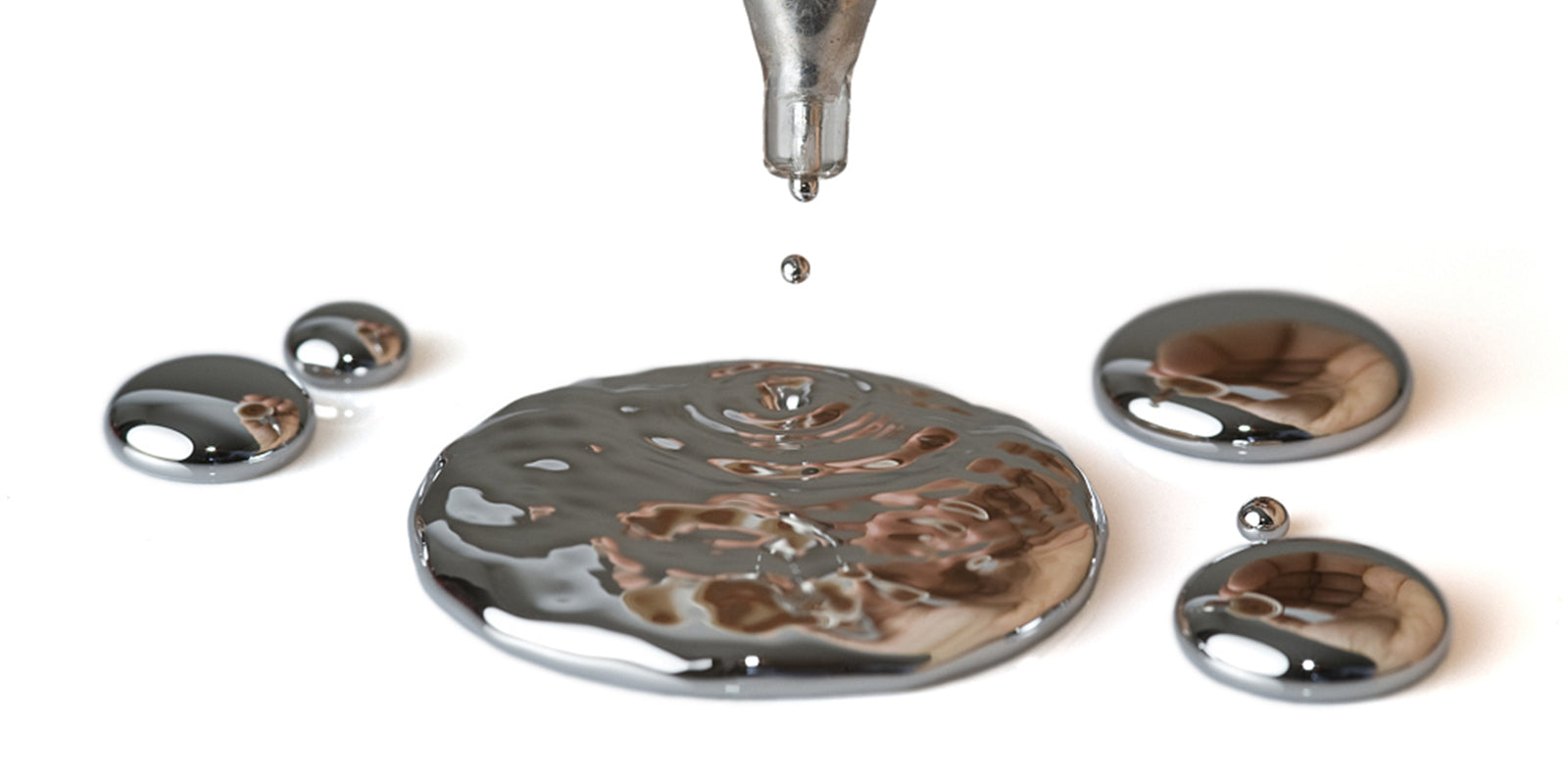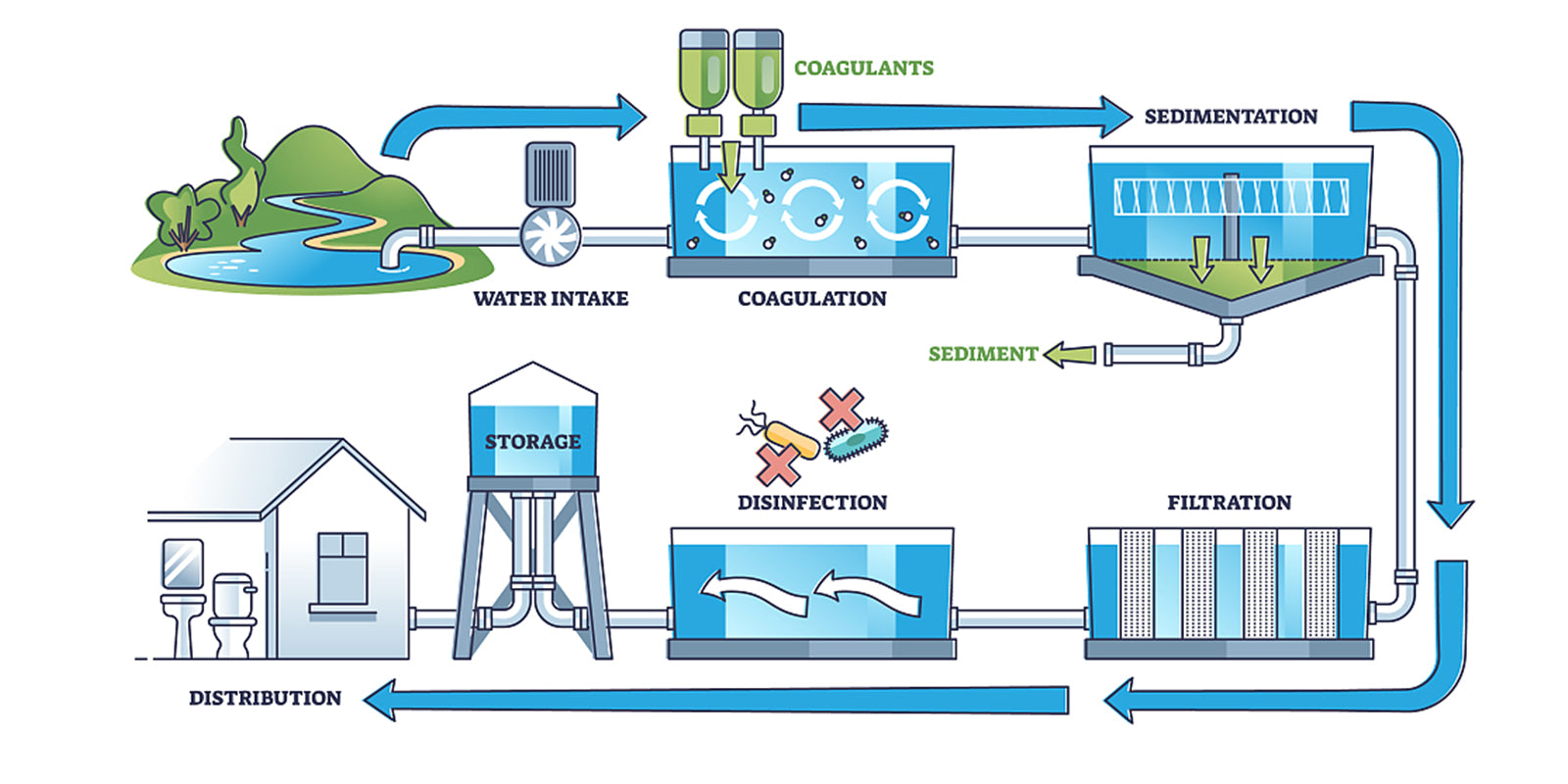Water is the source of life and there is nothing more trivial than drinking tap water. We do this every day without realizing how dangerous it can be. The truth is that water contains far more harmful substances than we can imagine, and drinking water with contaminants can have a serious impact on your family, so it is essential to choose a suitable water filter for your home, and this article will answer the question of how to choose one for home use.
Tips for choosing a water filter
Know your water quality
To decide which of the best water filters you should buy, firstly, you need to understand what kind of substances you're dealing with.
First, if you're using a private well, the easiest way to find out is to look, smell and taste. Pour some water in a cup and see if it looks or smells wired. If it's cloudy or has visible particles - there's probably something wrong. Another sign is a strange odor or taste, which is a consequence of high iron, sulfur or chloramine content. Finally, you can get yourself a water quality test kit online or at the store.
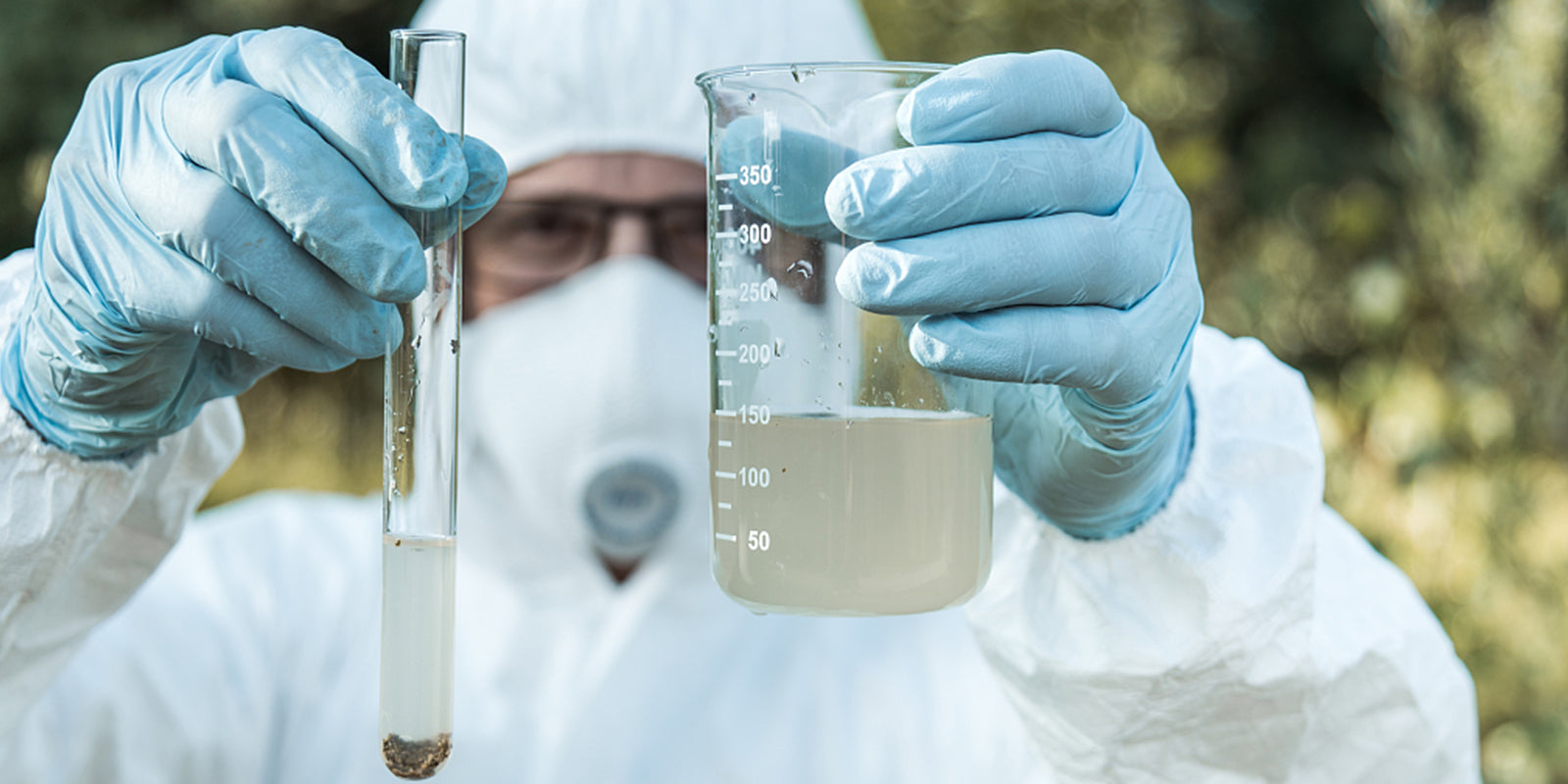
Why is your water polluted?
Another point to keep in mind is to know what the source of your contaminated water is, these impurities are determined by the source and distribution medium.
Water travels miles from its source through countless pipes and tanks before reaching your home. It contains contaminants and bacteria from lakes and rivers, wells and sea water. Of course, they are filtered along the way, but various chemicals are used in the process - which is why you get the smell of chlorine.
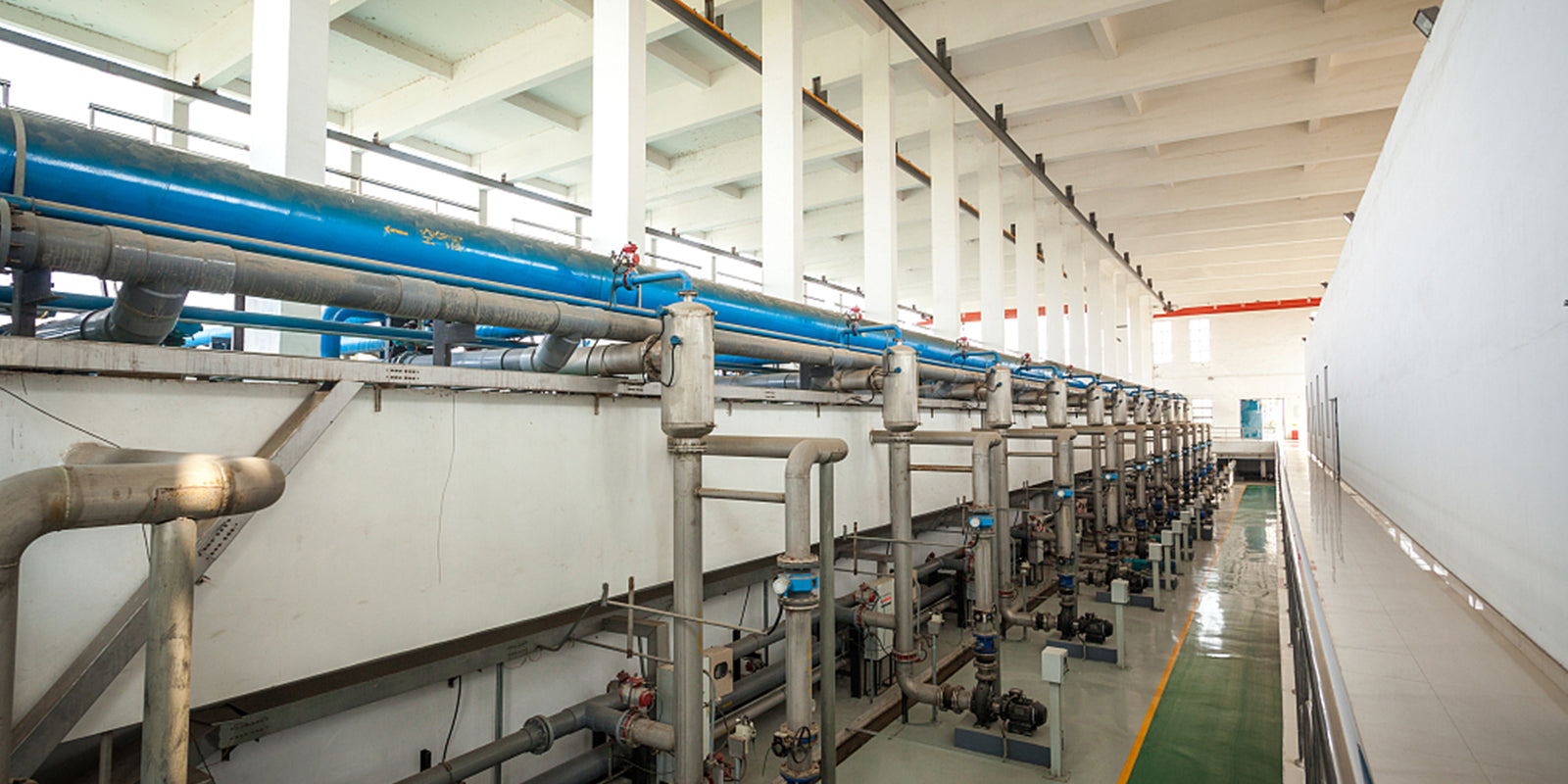
Prices of water filters
Naturally, home water filters come in different prices. It depends on the filtration method and the amount of water the filter can handle. Generally speaking, a single activated carbon filtration system is relatively low priced, but relatively speaking, it also only has the function of activated carbon adsorption. If you choose some under sink filters like a reverse osmosis filtration system or an ultrafiltration system, the price will be higher and the filtration effect will be correspondingly better.
Different kinds of water filters
Now let's look at the differences between several specific filtration systems.
Carbon filters
Carbon filters are commonly deployed in home water filters, such as those you might place over a faucet, under a sink or in a kettle. This type of filter works well to attract and adsorb contaminants, removing them from the water. This material does not require electricity to work and is cost effective, but it falls short when it comes to removing minerals and dissolved organic matter.
Reverse osmosis filters
In this method, they work by filtering water through tiny pores that allow only water molecules through, keeping contaminants out. This type of reverse osmosis filtration system is very effective at eliminating harmful contaminants from water.
However, they have the disadvantage that they tend to be more expensive than other types of water purifiers and require high water pressure to operate.
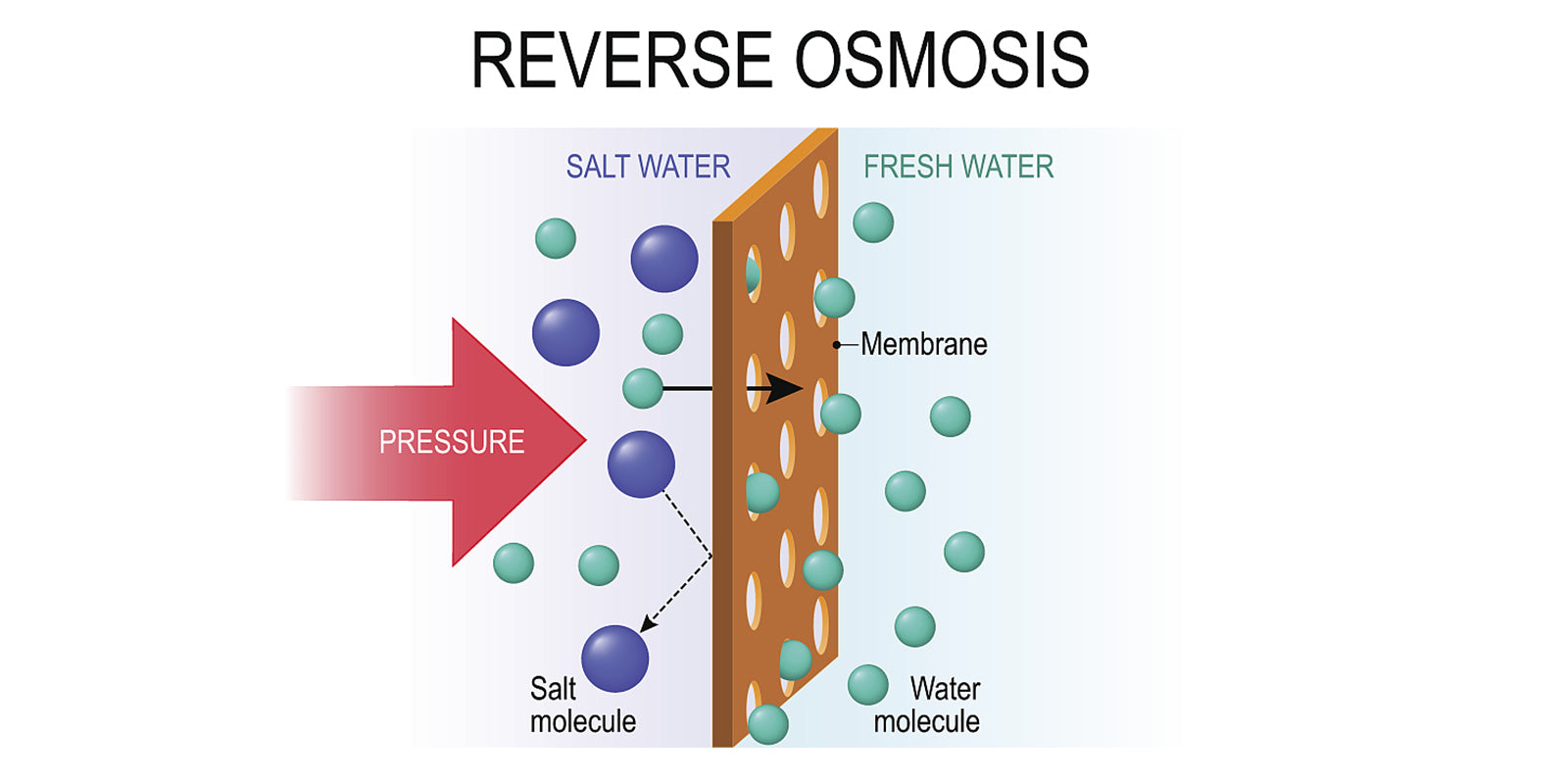
Ultrafiltration filters
Ultrafiltration filter system is one of the membrane separation technologies that uses pressure as a driving force. It aims at separating large molecules from small molecules. It can effectively remove colloid, suspended solids and more impurity and absorb the smell and taste in water.

